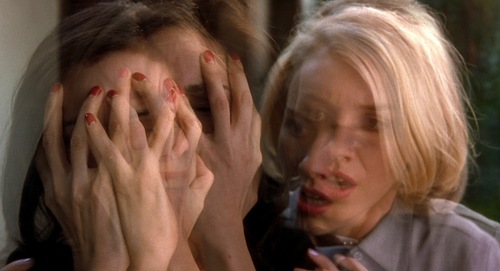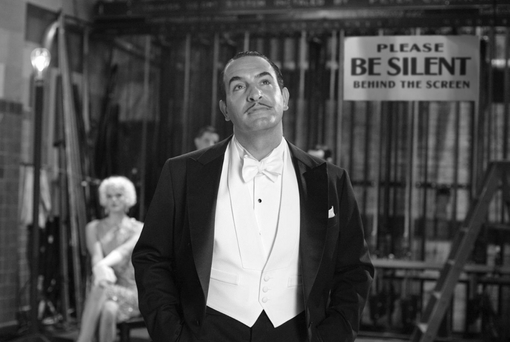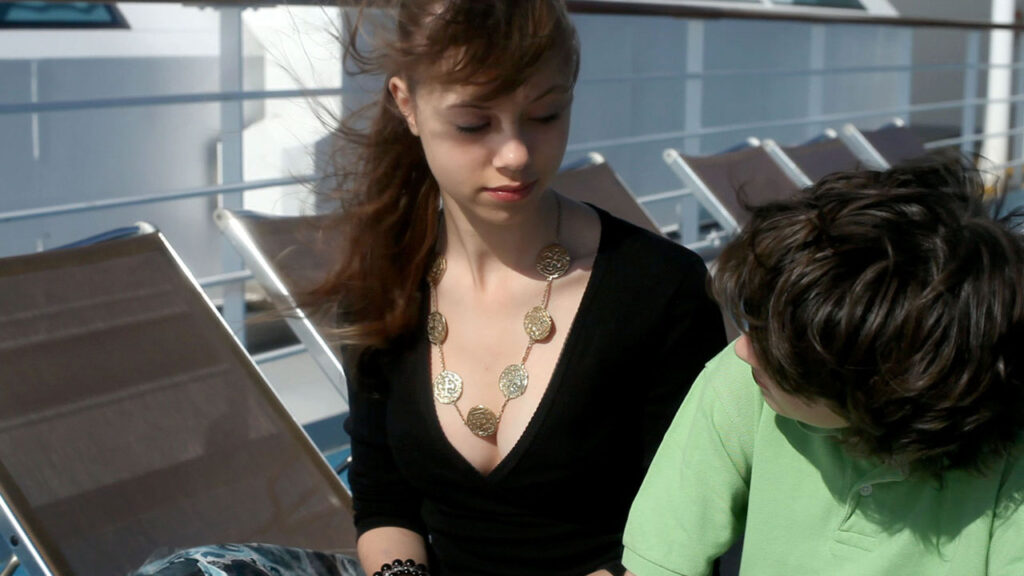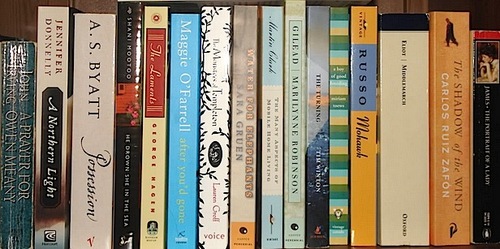Today, fifteen years after I first saw it, I believe “Hoop Dreams” is the great American documentary. No other documentary has ever touched me more deeply. It was relevant then, and today, as inner city neighborhoods sink deeper into the despair of children murdering children, it is more relevant. It tells the stories of two 14-year-olds, Arthur Agee and William Gates, how they dreamed of stardom in the NBA, and how basketball changed their lives. Basketball, and this film.
Photo copyright by Roka Walsh. Used with permission
“Hoop Dreams” observed its 15th anniversary Wednesday night at the Gene Siskel Film Center. Agee and Gates were both there. Gates, now a minister, observed that in one period of time he buried 20 victims of gang violence, 16 of them under 16. Agee said when he looks at his friends in the film today, “ten of them are no longer with us.” Yet there they sat, men of around 40 now, articulate, thoughtful, and spoke about how their lives began to change on a Chicago playground 22 years ago when a movie camera showed up.
“We started out to make a little 30-minute documentary about a kid who had basketball dreams,” Steve James, the director of the film, said Wednesday night. This was at a benefit for Kartemquin Films, the 40-year-old Chicago documentary group that produced the film.
December 14, 2012





